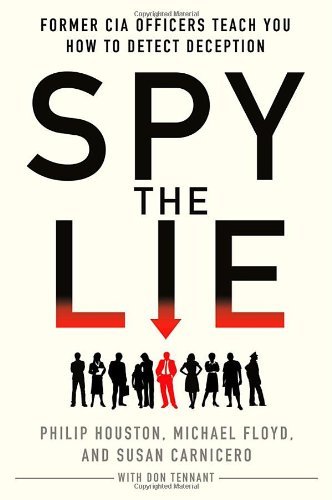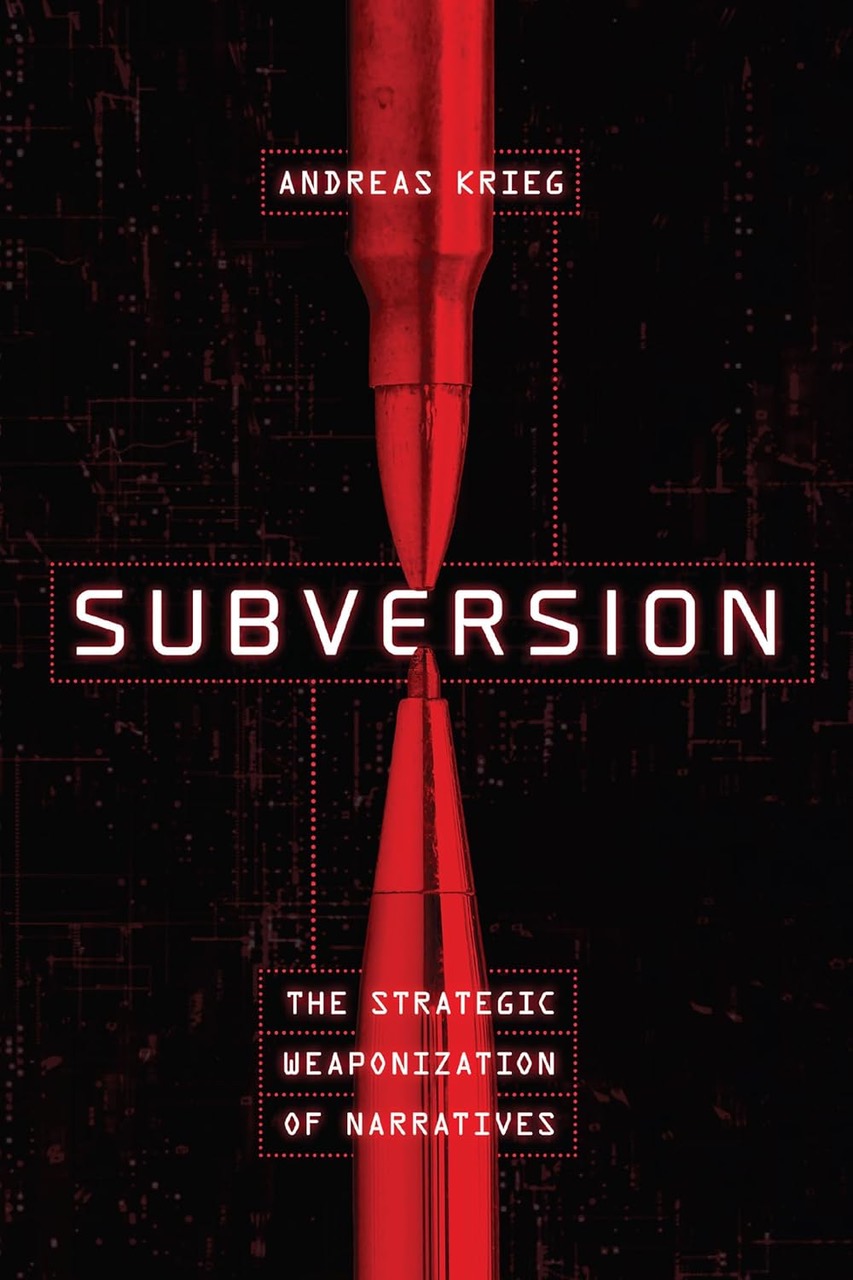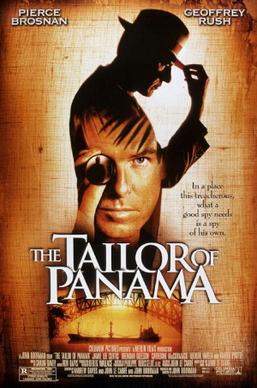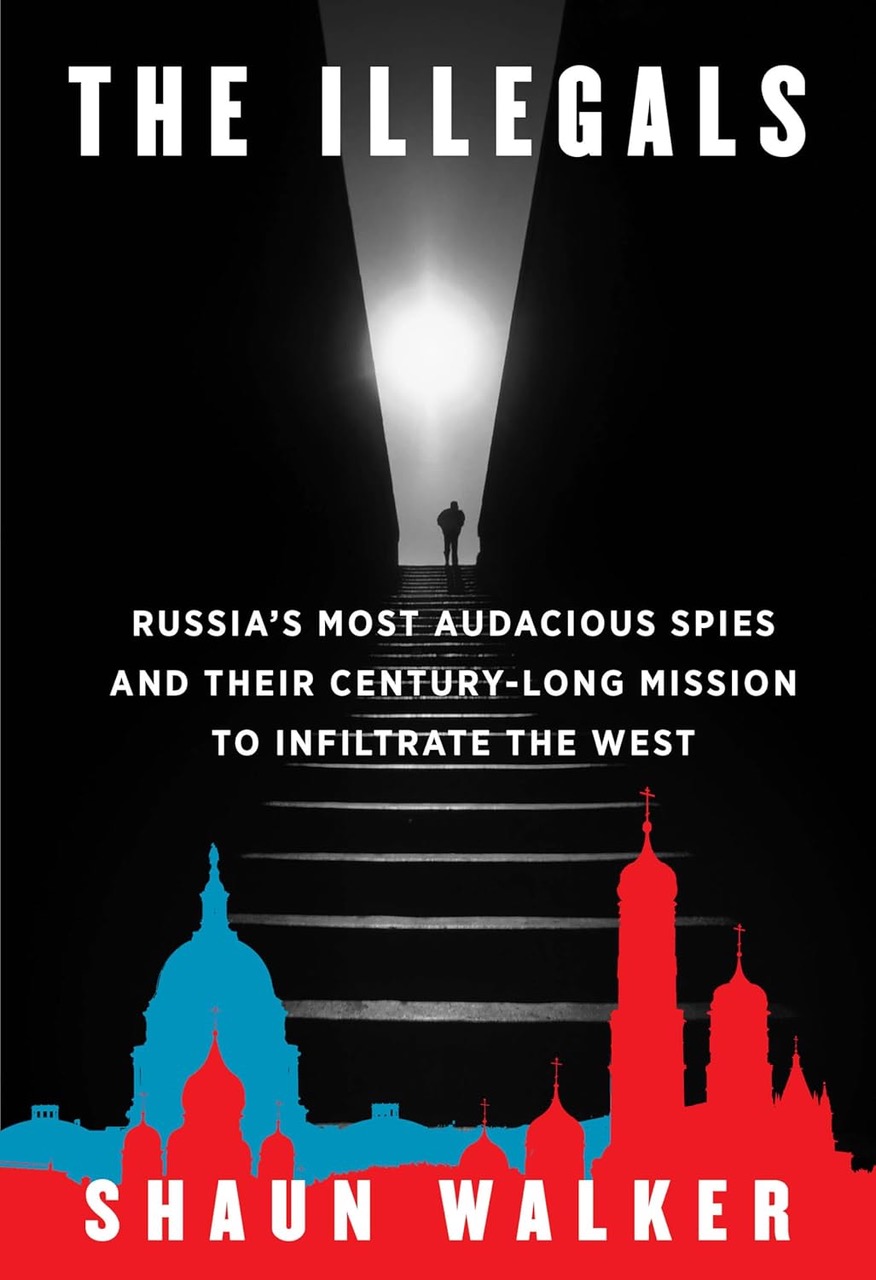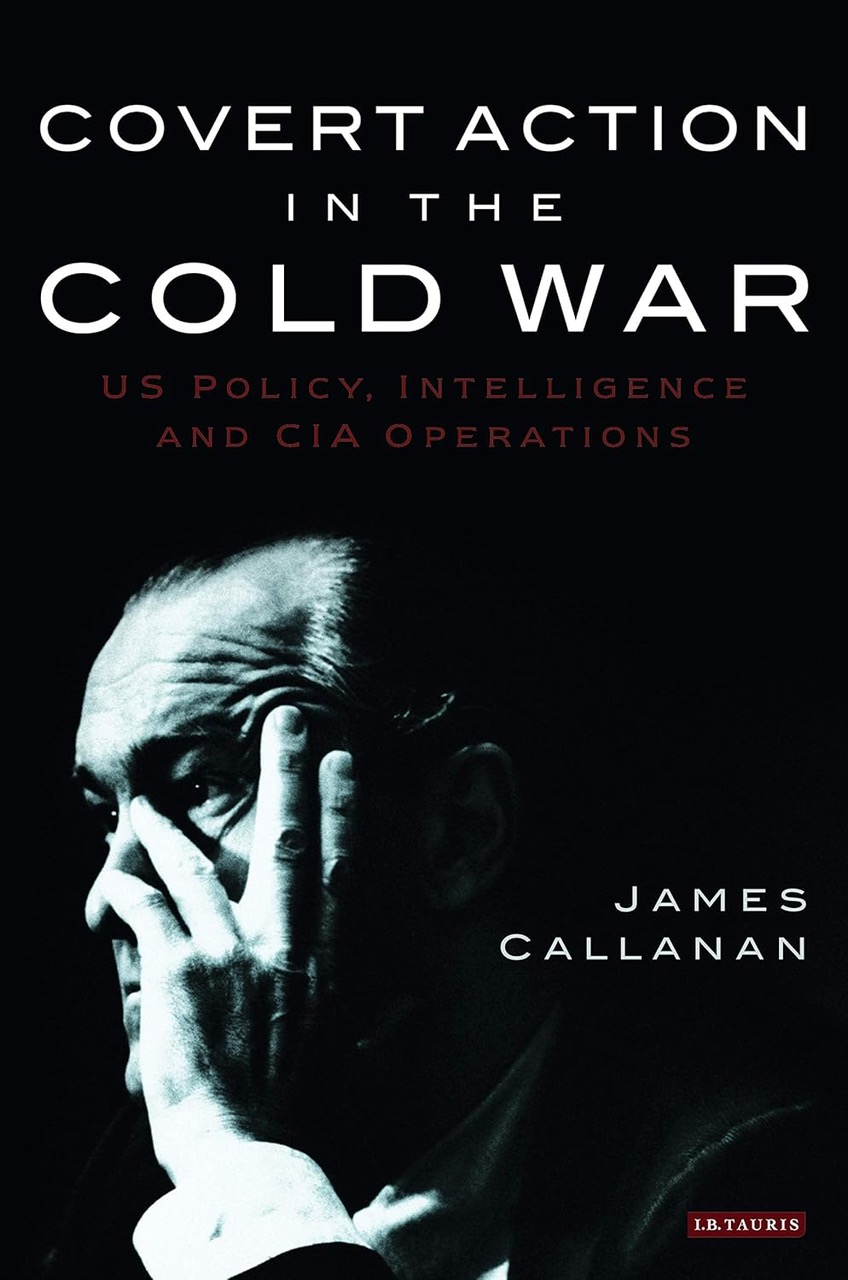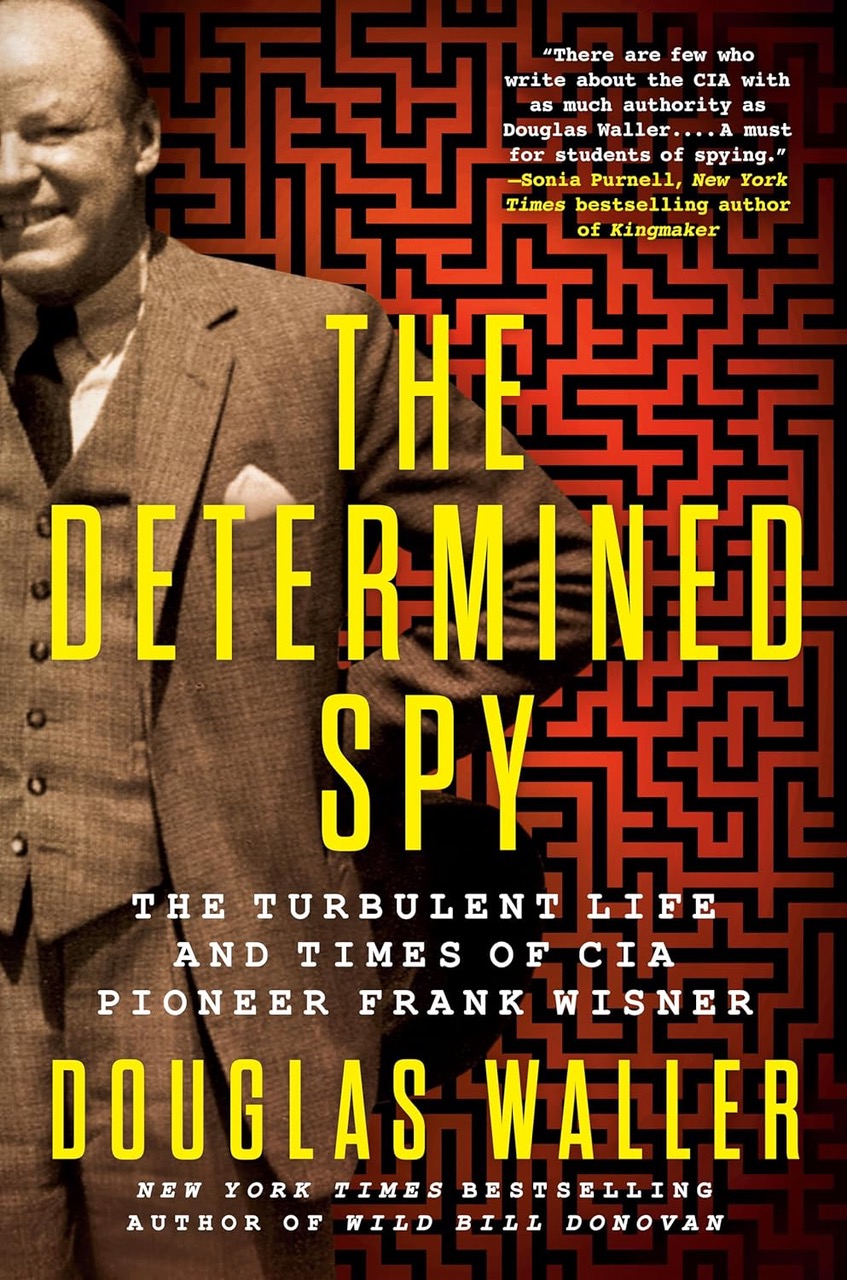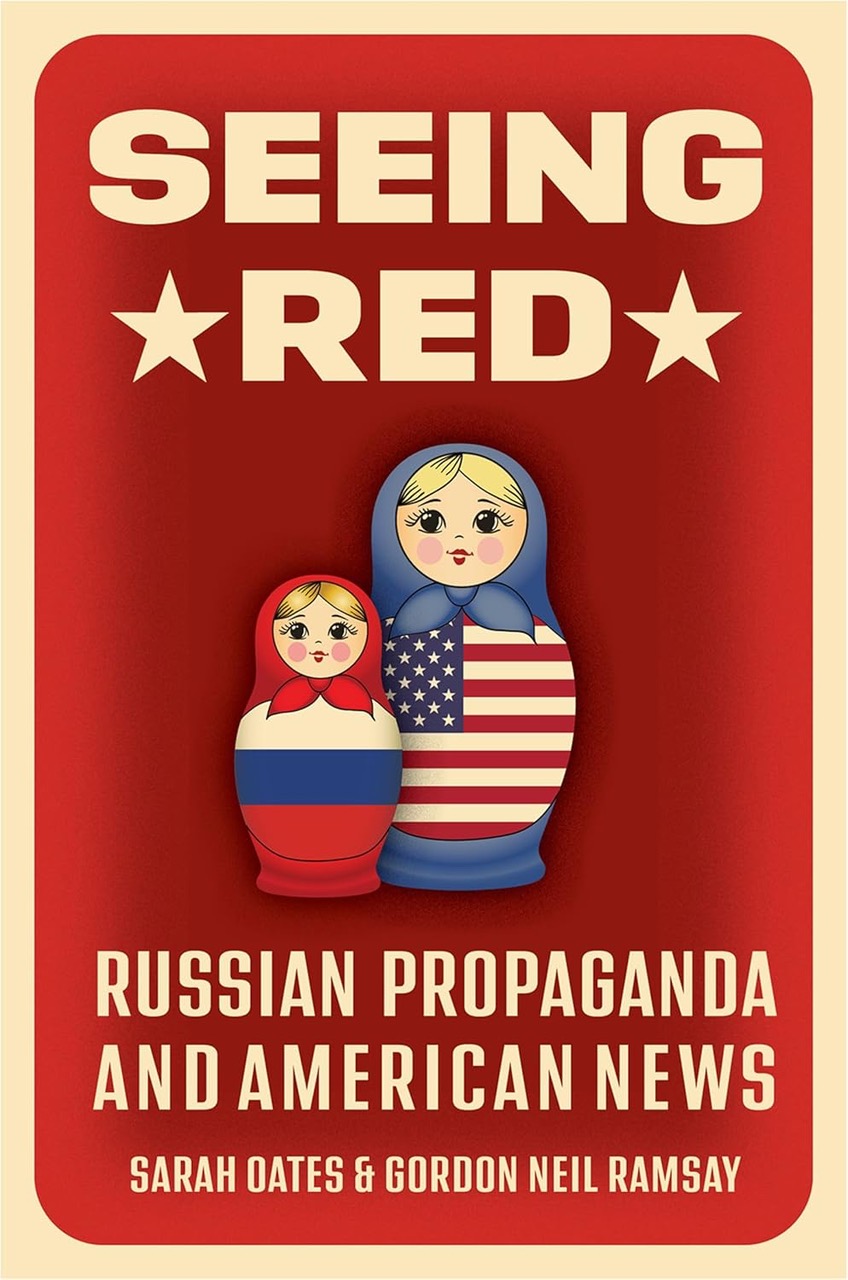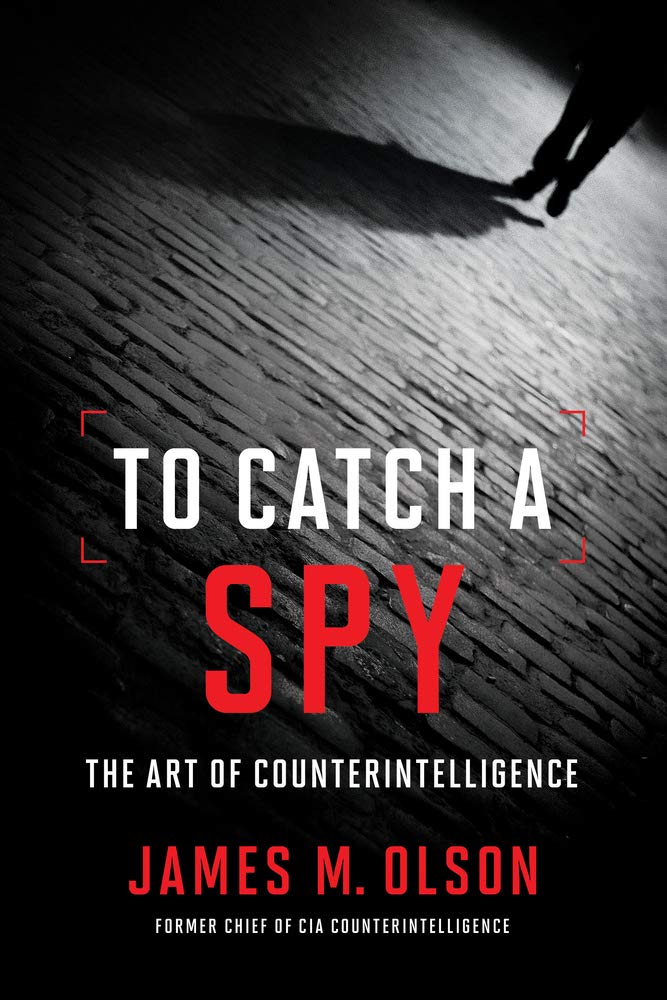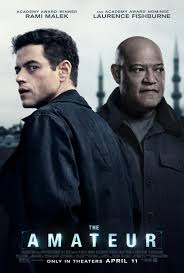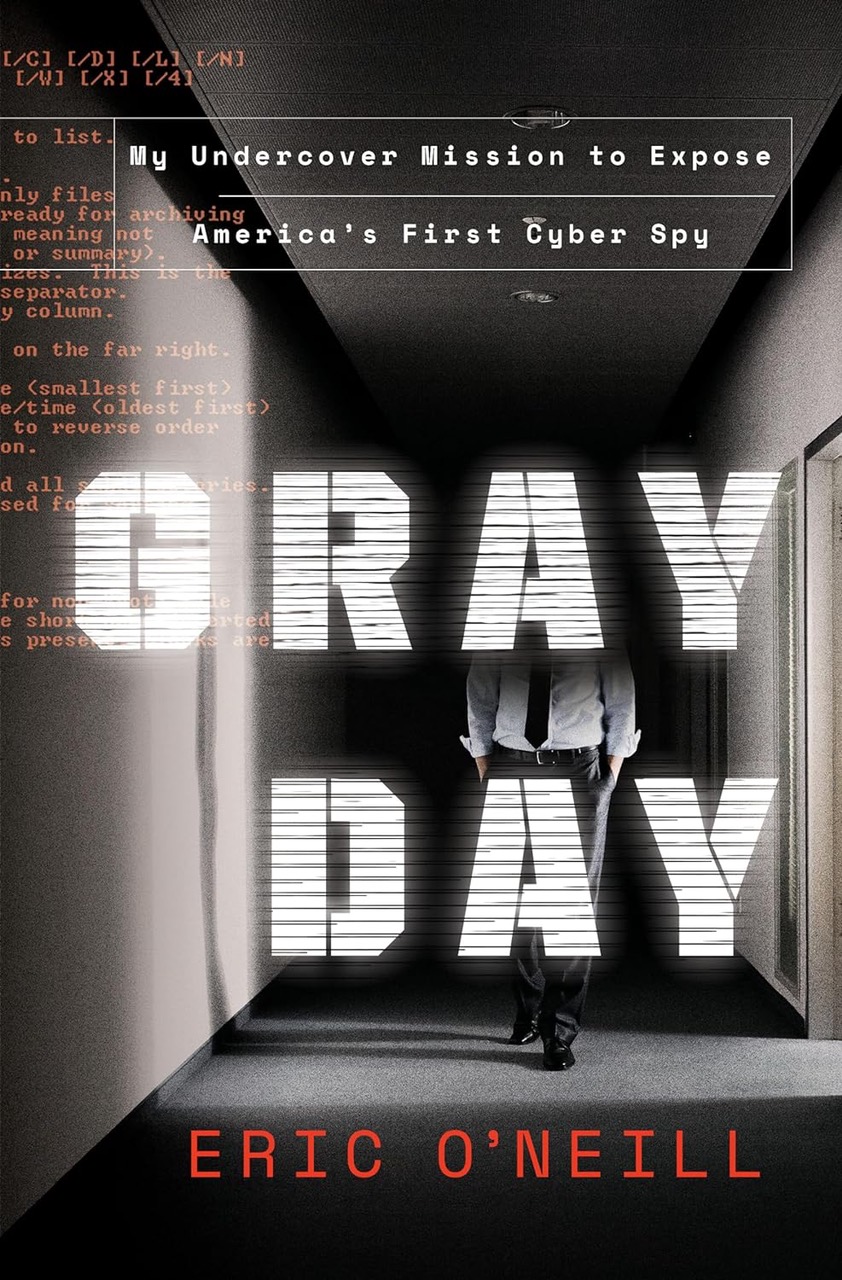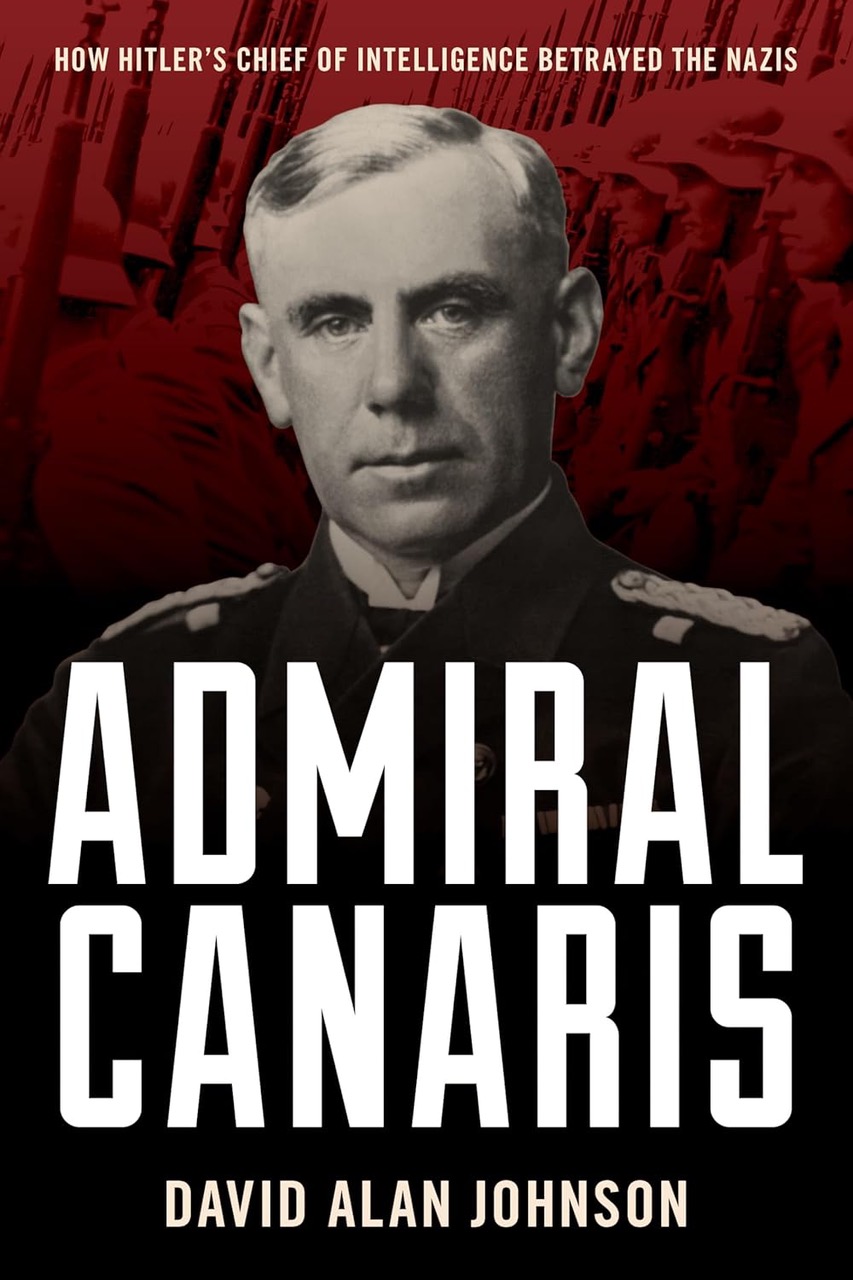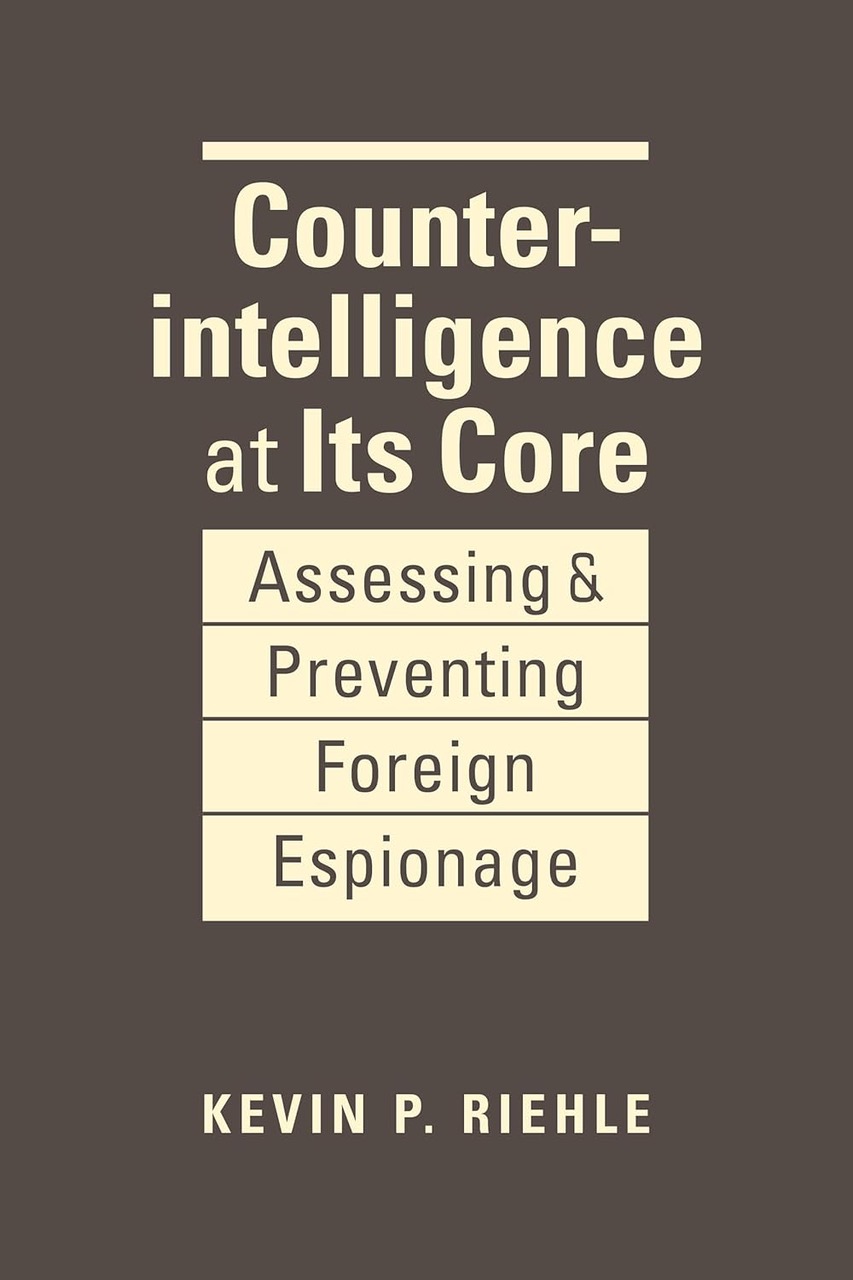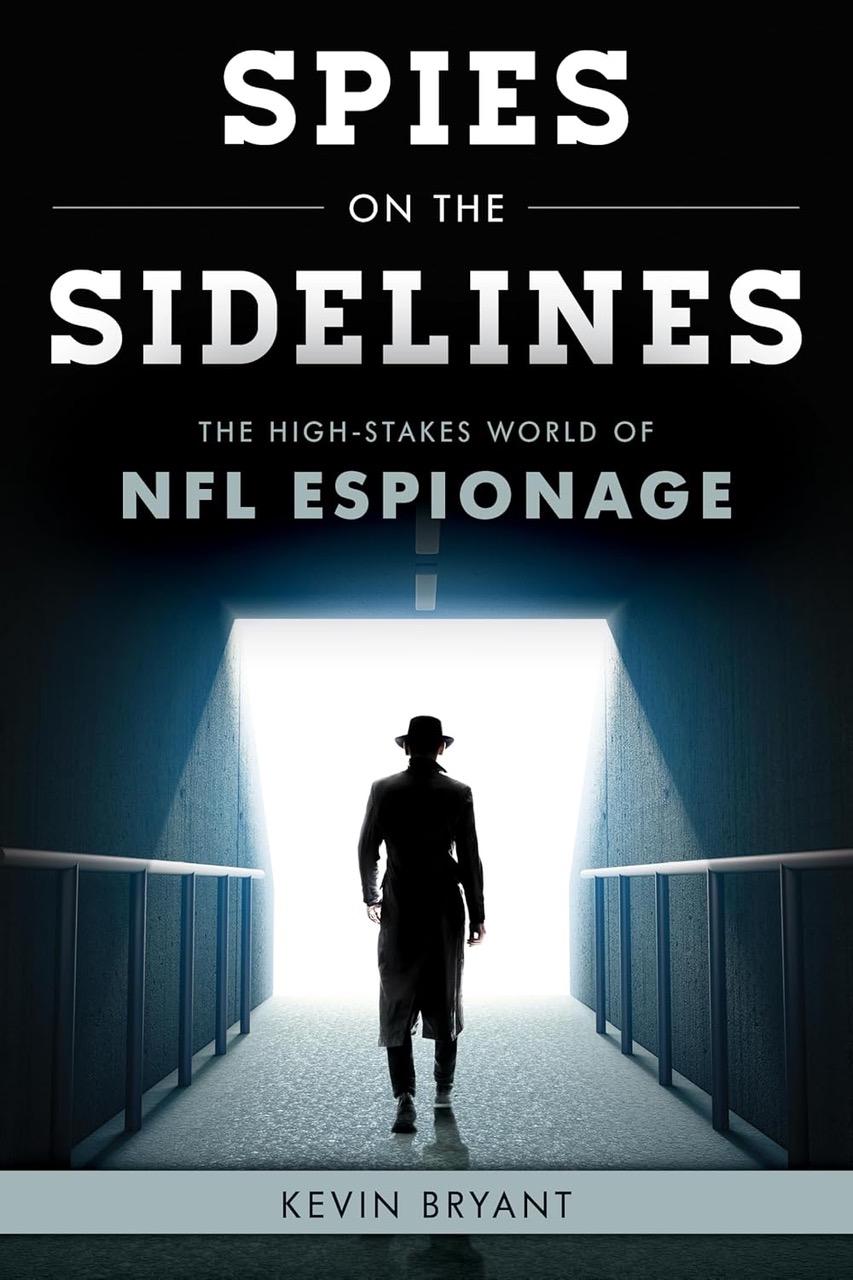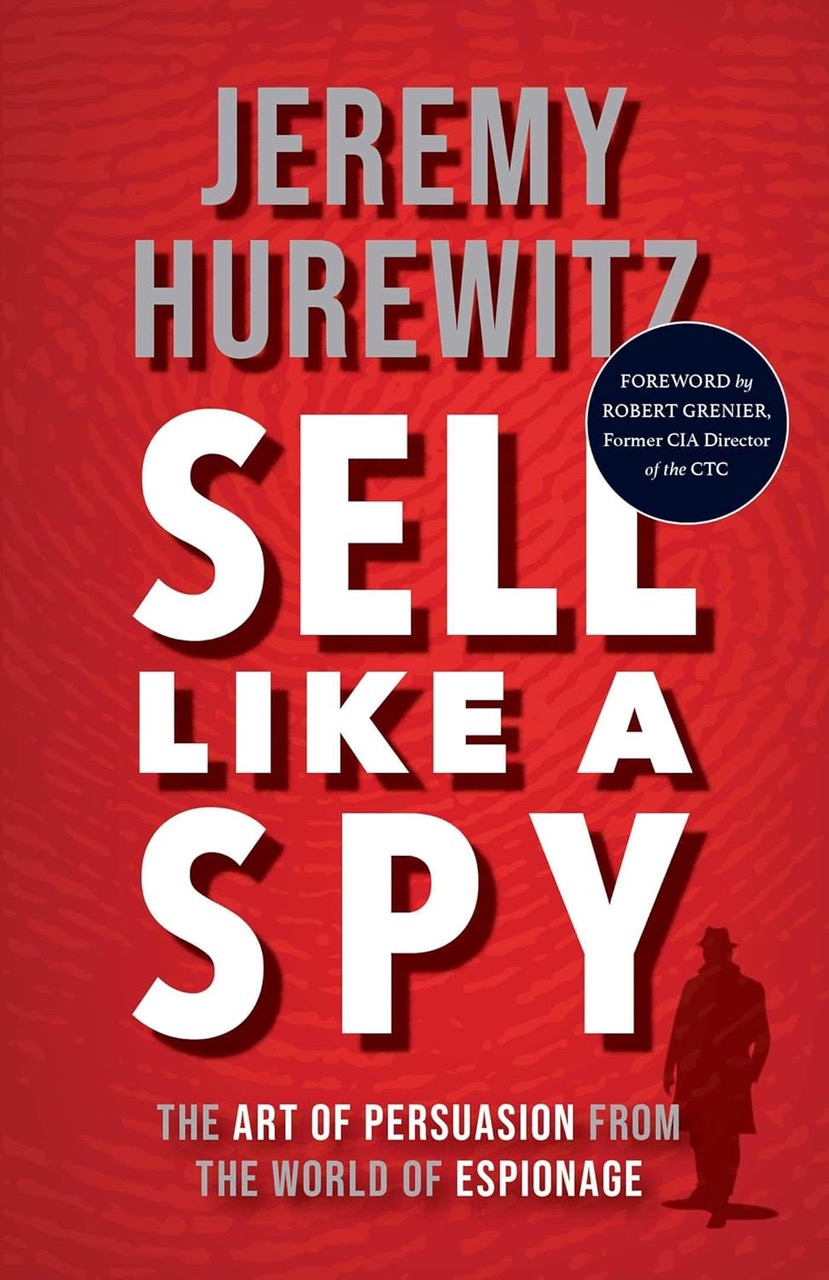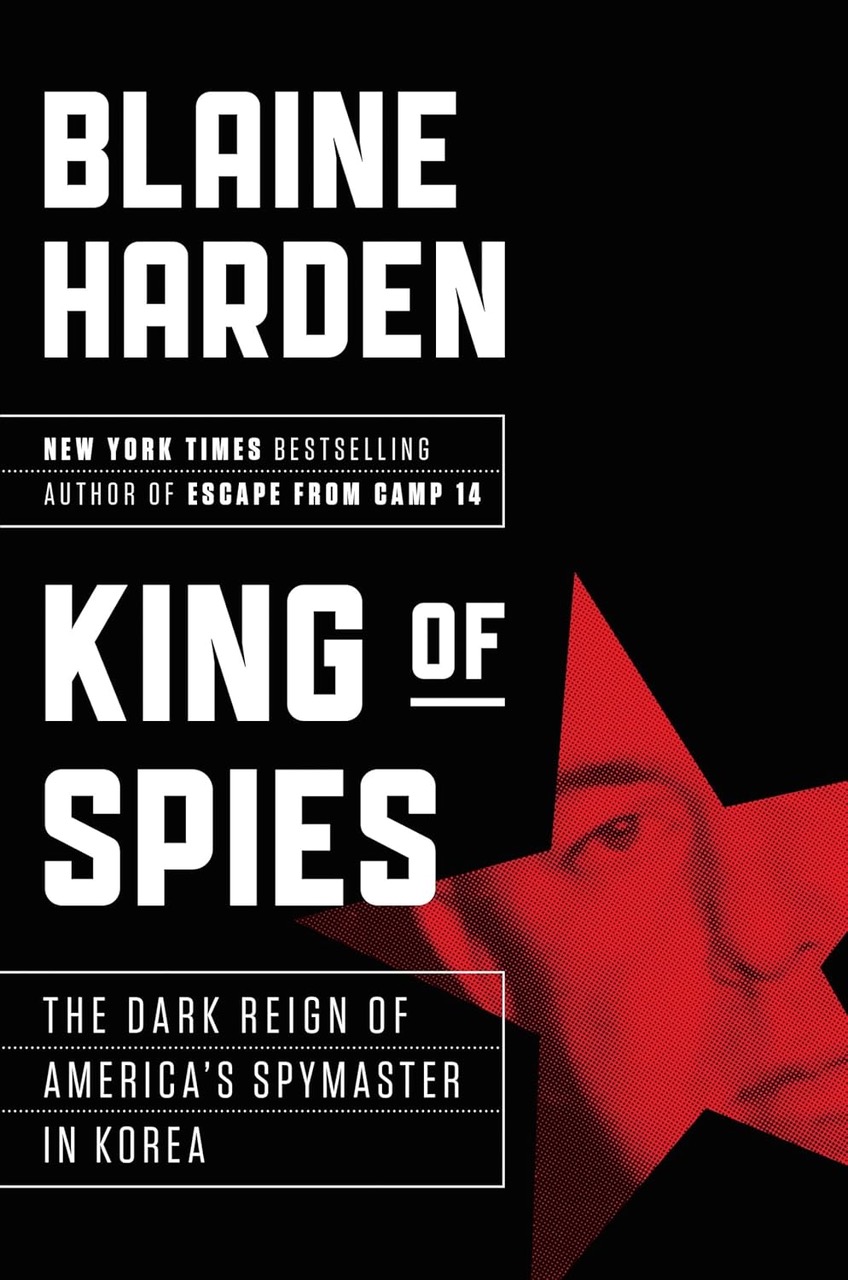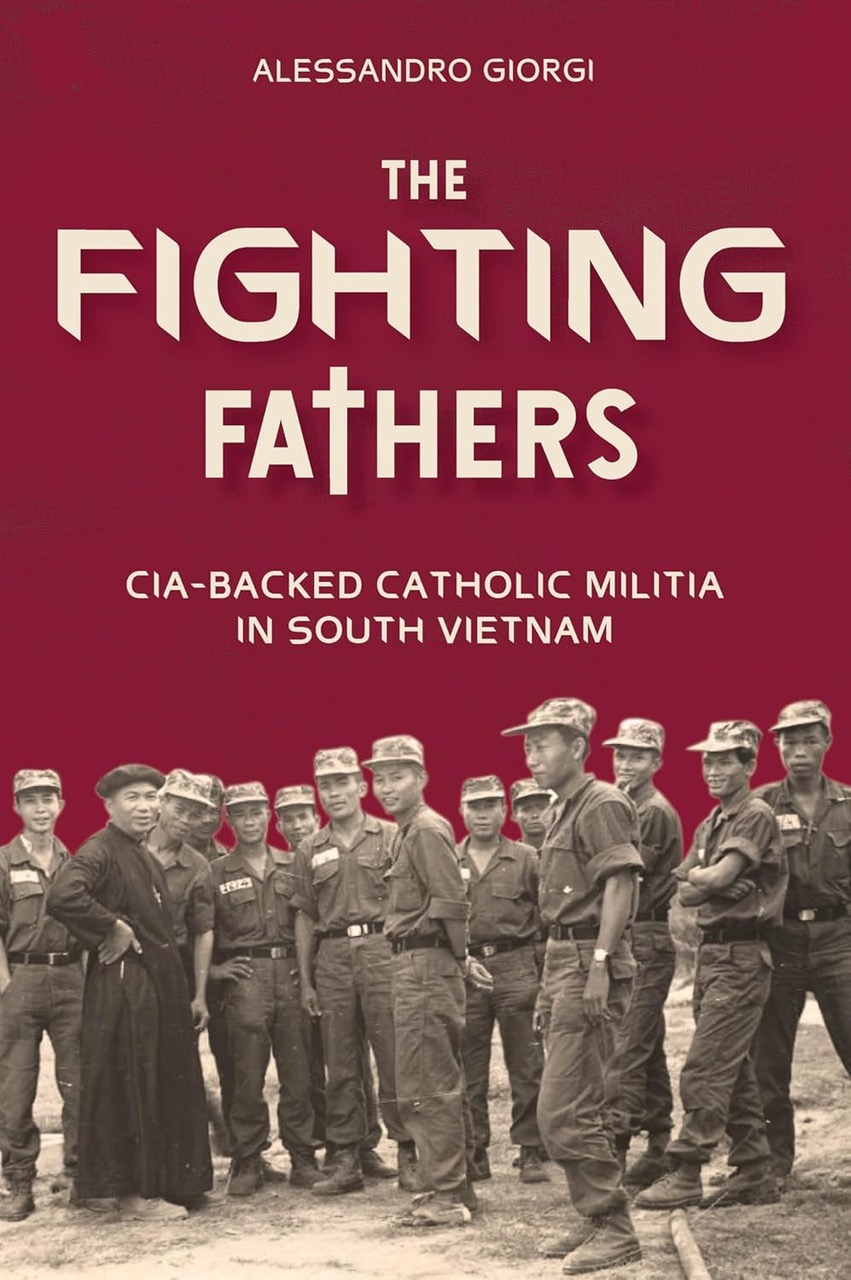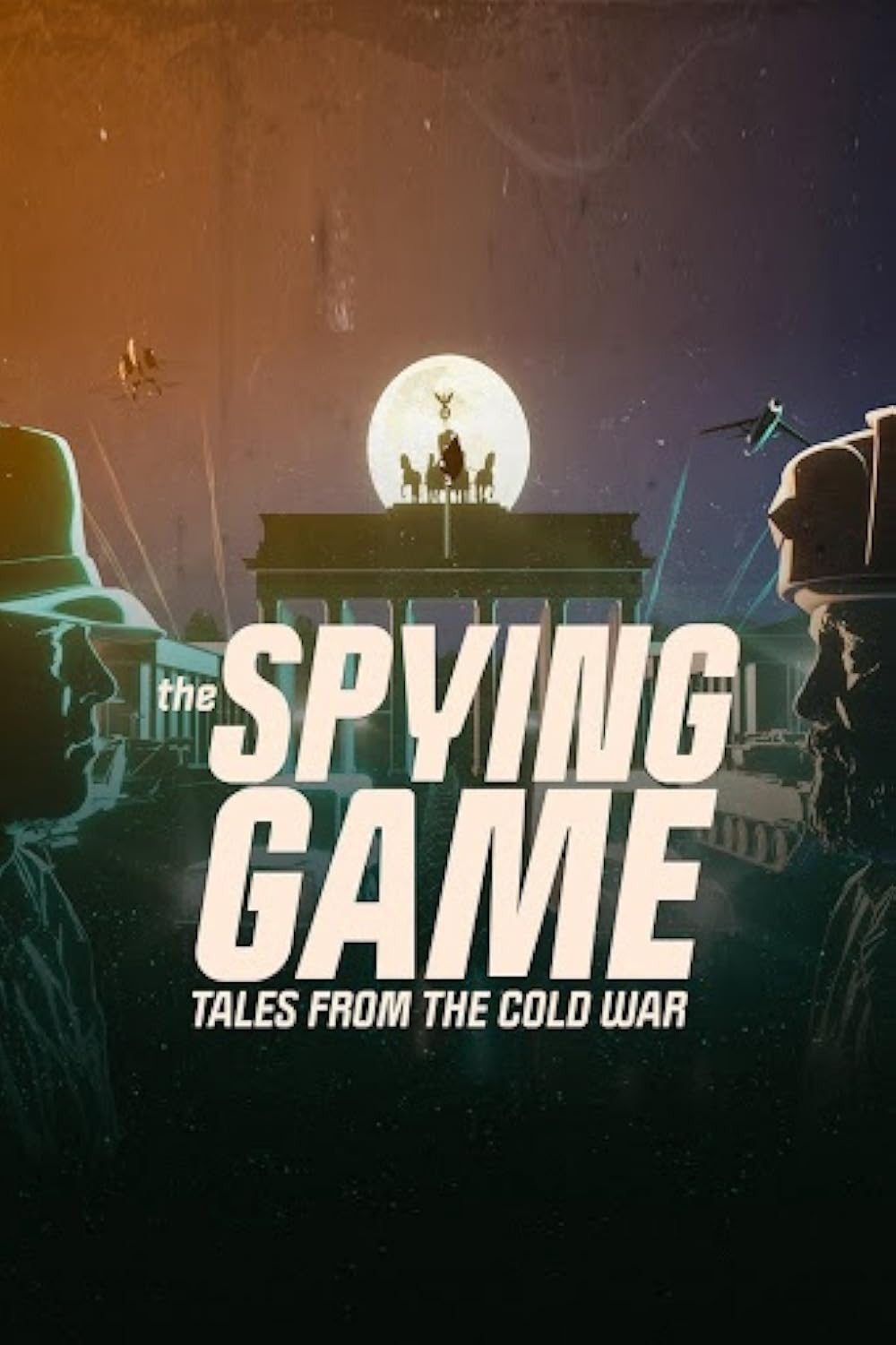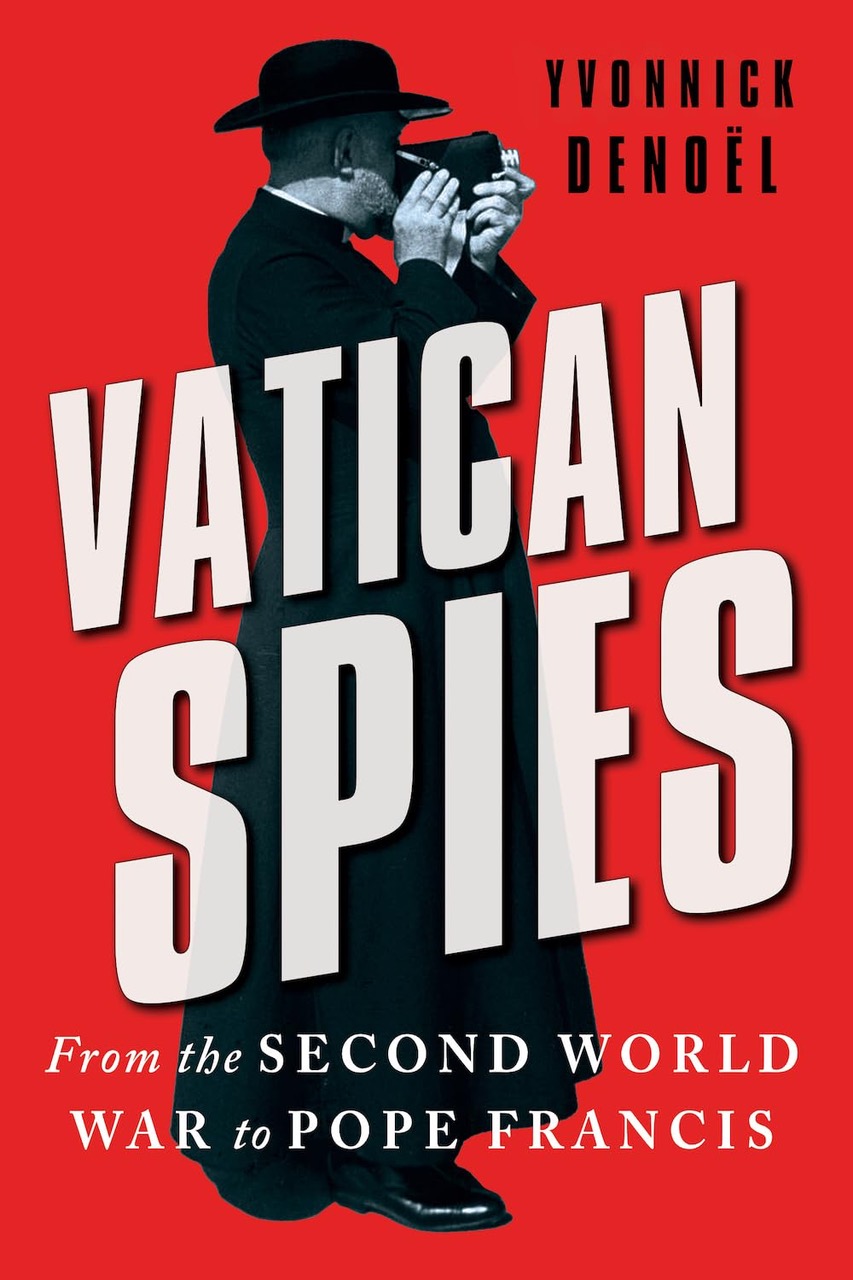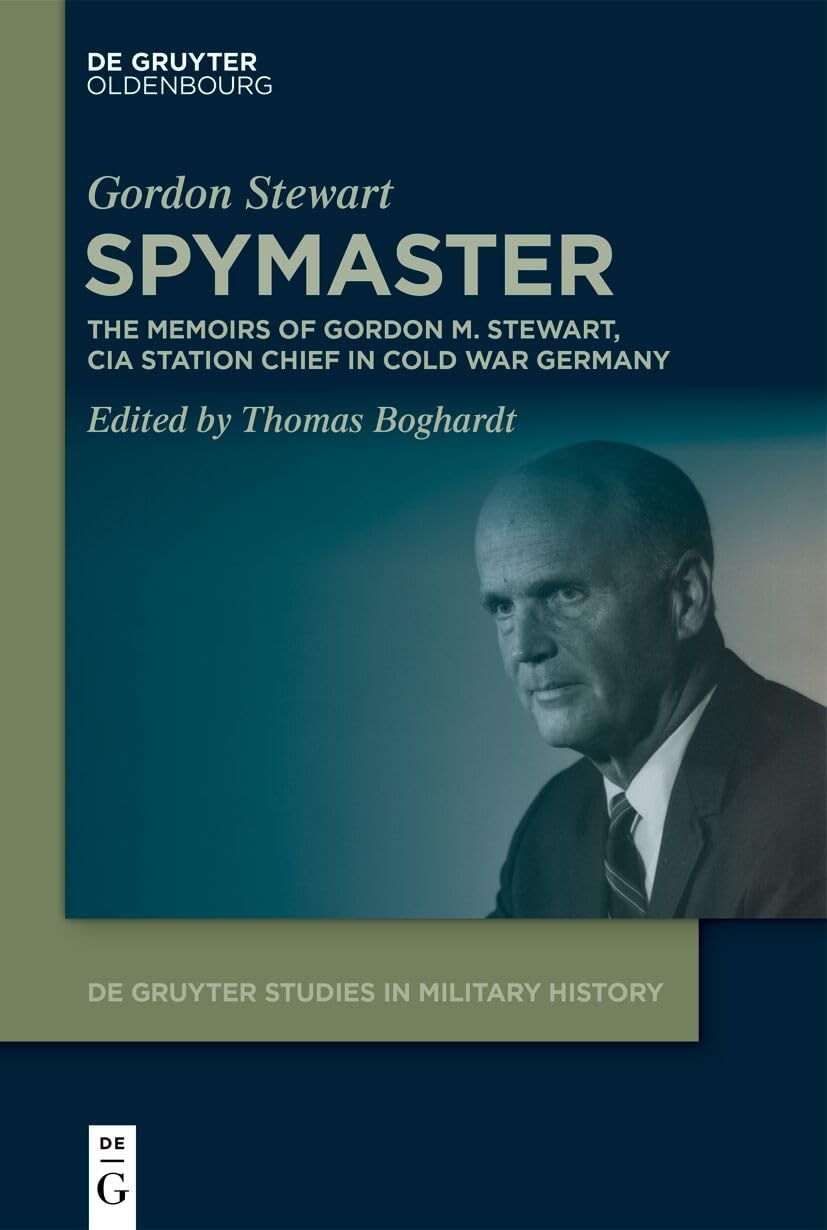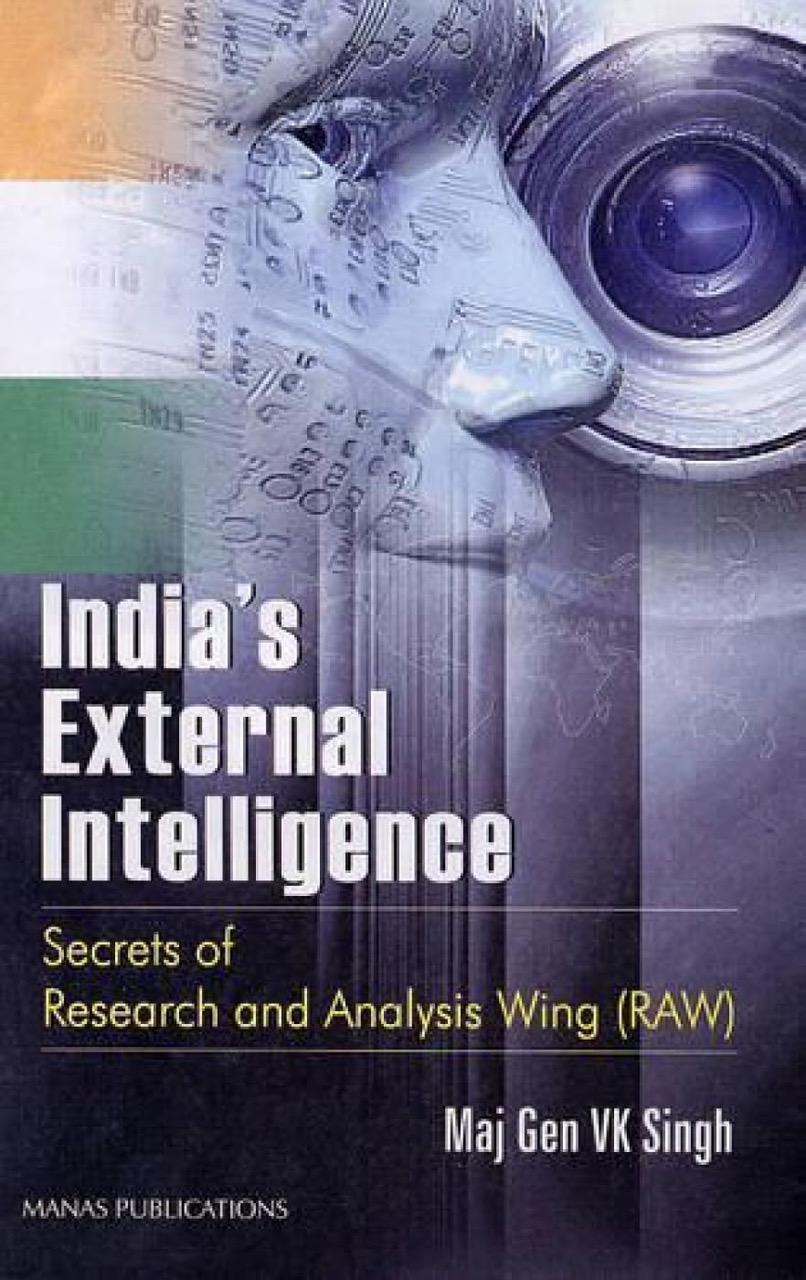Chip Beck, 11 Sep 23
Final Days of Heroes is the memoir of a CIA Special Operations officer (author Chip Beck), who by 1974 is already a three-year veteran of the wars in Vietnam and Laos. As U.S. combat forces are withdrawn from Vietnam in 1973, a handful of French-speaking, combat experienced CIA agents are dispersed individually as advisors into Cambodia’s remote and embattled upcountry provincial capitals. Beck ends up in the town of Kompong Thom in January 1974, an enclave of 15,000 people that was encircled for two years and once even occupied by the Khmer Communist forces known as the Khmer Rouge.
On an initial visit to Kompong Thom from his original assigned base in Siem Reap, Beck encounters two heroic and charismatic Cambodian Army leaders, Colonel Khy Hak and General Teap Ben, who were becoming legendary figures in the war against the Vietnamese and Cambodian communists. As commanding officers of the Eleventh and Tenth Cambodian Army Brigades respectively, these two frontline leaders had won major battles against the North Vietnamese and Khmer Rouge at Angkor Wat after Cambodia’s entry into the Indochina War in March 1970.
They then went on to drive the Khmer Rouge out of Kompong Thom after a month of house-to-house fighting. Sensing a group of warriors who were engaged in daily combat, defiance, and resistance to the Khmer Rouge, Beck decides to cast his lot with the soldiers and civilians of the beseiged town and spends the next fifteen months sharing their battles, victories, and eventual heartaches with them. Khy Hak is the tactical genius who defeats the Khmer Rouge at every turn, while Teap Ben is a colorful Provincial Governor who manages the political and social turn of events as forty-five thousand villagers are rescued from the Khmer Rouge in the space of one month.
The success of the Eleventh Brigade infuriates the Khmer Rouge, who redeploy two crack regiments from the fighting around Phnom Penh to attack, defeat, and slaughter the defenders of Kompong Thom. Along with a French Priest and a Norwegian Doctor, Beck and a small team of Cambodian intelligence operatives stand side by side with the soldiers who eventually fight hand-to-hand with the enemy at the last line of defense on the plains of Kompong Thom. The Khmer Rouge are roundly defeated during the two month battle at Kompong Thom, but a year later, as the fighting intensifies around the capital of Phnom Penh it is clear to Beck and and his colleagues that Cambodia is doomed to fall.
Beck and Khy Hak, who by 1975 has been promoted as Cambodia’s youngest-ever General and is holding back the enemy in the defense of the capital, instigate a daring plan to set up a resistance movement after Phnom Penh falls. The plan requires the technical support of Beck’s primary intelligence counterpart, a former teacher turned Army Lieutenant, Chhun Tep. Dispatching Tep on a secret mission with Khy Hak, Beck promises to help Tep’s mother, wife, six children, and two hundred endangered men, women, and children escape through fifty miles of mountainous jungle into Thailand.
Due to a series of hasty decisions in Washington, Beck is in northern Cambodia when he is informed the U.S. Embassy will be evacuated the next day. He and his upcountry American colleagues are flown separately to Saigon, which is also sliding toward defeat. While Khy Hak and Chhun Tep continue to operate amid chaos on what becomes their fatal end, Beck returns to Cambodia via Thailand and manages to rescue Tep’s family and his two hundred other wards the day after Phnom Penh falls. As Cambodian soldiers continue to hold out and fight in the countryside, President Gerald Ford and Secretary of State Henry Kissenger rescind a promise made by the field advisors to resupply the resistance with arms and ammunition. The result is the end of days for Cambodia’s heroes and the beginning of what the Khmer Rouge called “Year Zero,” known in the West as “the Killing Fields."





















































































































































